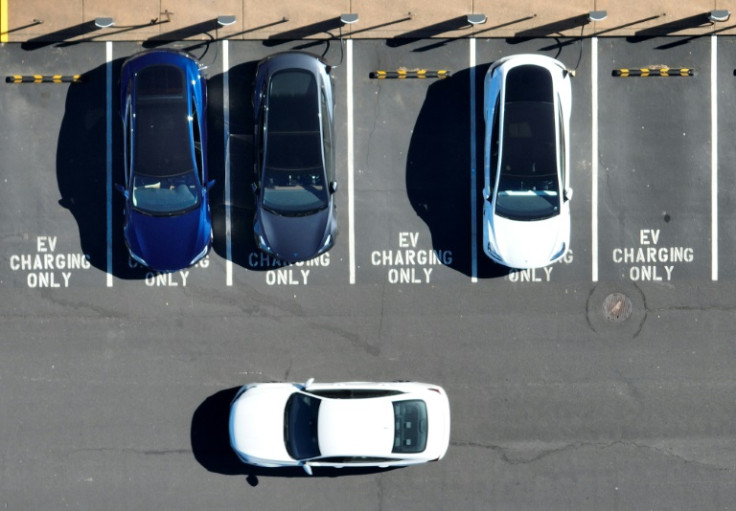World's First Large-Scale Sodium-Ion Battery Facility Moves Ahead

Fluor Corporation (NYSE: FLR) was awarded a contract Wednesday to assist private Swedish firm Altris in the construction of the first large-scale sodium-ion battery factory in the world.
Fluor will provide front-end engineering and design (FEED) services to Altris; the contract's value was not disclosed in Fluor's press release. Fluor and Altris did not reply to a request for comment from International Business Times.
By finalizing the FEED contract, Altris became the first European sodium battery manufacturer to reach this stage of production. The battery facility will be constructed in Sandviken, Sweden and aims to produce 2,000 metric tons/year of cathode material following the FEED and construction processes.
Sodium-Ion Batteries: Key To The Future Of Energy?
Sodium-ion batteries have gained traction in recent years due to their potential advantages over lithium-ion batteries, which are currently widespread in electric vehicles and personal electronics.
Unlike lithium, sodium is both abundant and easily retrievable. Sodium at an industrial scale can be easily retrieved from the oceans; lithium must be extracted through the environmentally taxing processes of hard-rock mining or brine evaporation.
Lithium mining has been the source of backlash from environmental activists and local communities in mining regions, due in large part to the industry's impacts on aquifers. With global demand for lithium batteries currently projected to increase over six-fold by 2030, sodium batteries offer a far less destructive alternative to fueling the global transition away from fossil fuels.
Lithium-ion batteries still have one big edge over their sodium counterparts: weight. Sodium is a far less dense conductor than lithium, meaning that currently producible sodium batteries are unsuitable for applications like portable electronics and smaller electric vehicles that require a light-weight battery.
But current sodium-ion battery technology is considered feasible for applications such as grid-scale storage and heavy transportation (semi-trucks and cargo ships). Altris' sodium battery factory aims to initially cater to these markets, and hopes to expand their product offerings as the sodium battery industry continues to innovate.
Chinese battery giants CATL and BYD each have developed sodium-ion batteries for use in electric vehicles, but neither has begun full-scale production. The Altris factory will be the first sodium-ion facility to be constructed outside of China and the first in the world to do so at-scale; it is scheduled to complete the FEED process in early 2024, after which it will begin construction.
Although the FEED contract for Altris' battery factory likely won't yield a major shift away from lithium batteries in and of itself, the news is an indication of the sodium battery industry's bullish prospects for the future.
© Copyright IBTimes 2025. All rights reserved.






















